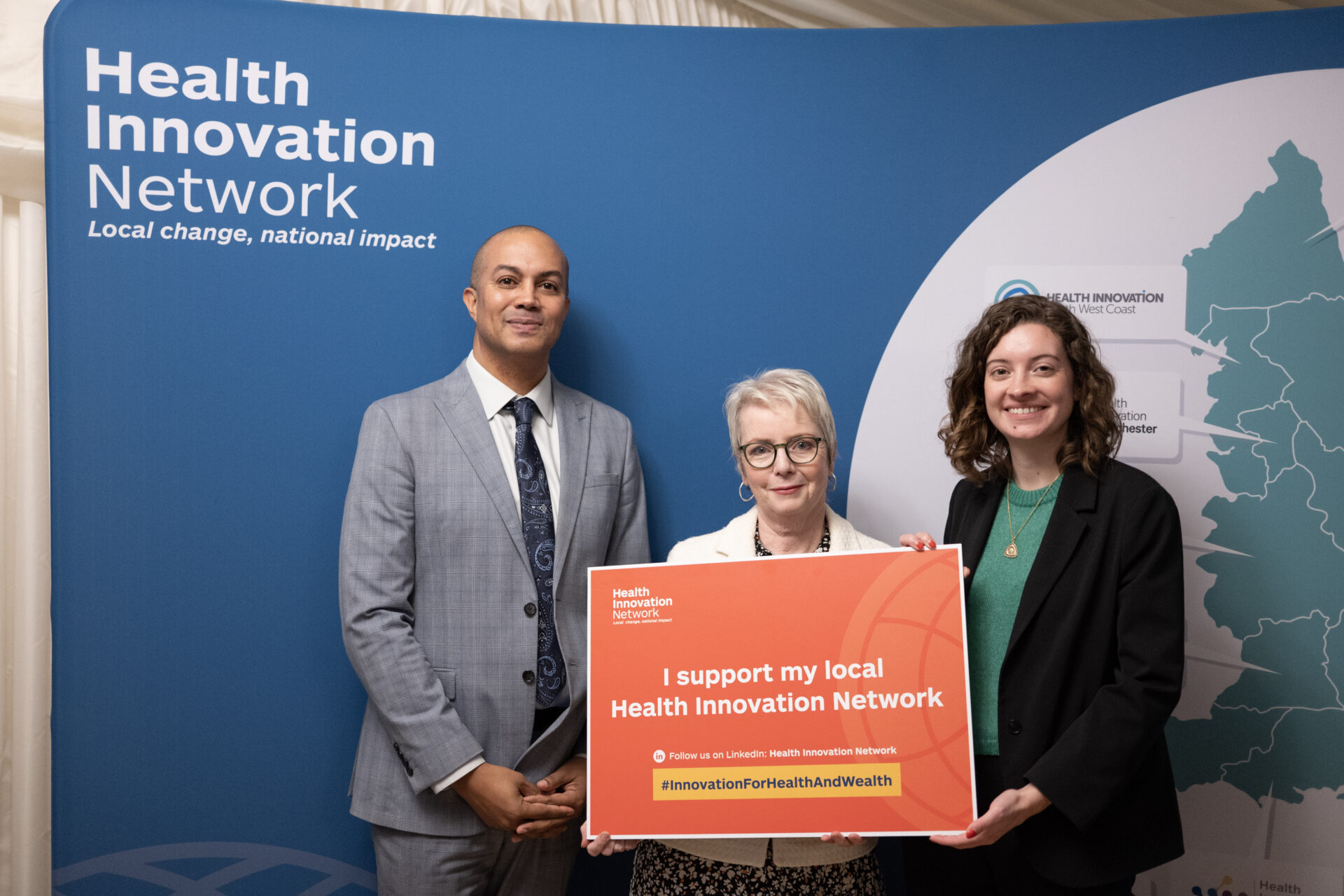In support of ADHD awareness month this October, the Health Innvovation Network is highlighting the impact of the innovation QbTest – an objective assessment tool to assist in the diagnosis of ADHD. Three quarters of all NHS trusts that provide ADHD services have adopted the innovation and since April 2020, more than 77,000 children and young people have benefited, around 95,000 hours of clinical capacity have been released and an estimated £38.5M of cost savings have been achieved for the NHS.
The National Institute for Health and Care Excellence (NICE) estimates the global prevalence of ADHD in children to be around 5% (1 in 20). Undiagnosed and/or untreated ADHD can have a significant impact on personal development, academic outcomes and family interaction. Additional mental health problems related to poor management of ADHD can include depression, anxiety, sleep and eating disorders.
Following a successful randomised control trial by the NIHR East Midlands CLAHRC (now the East Midlands ARC), Health Innovation East Midlands (HIEM) piloted the use of QbTest within three NHS mental health trusts – this CLAHRC and HIEM collaboration provided the evidence base for a national programme called Focus ADHD, which was rolled out across England between 2020 and 2023 by the Network.
The innovative tool measures the three core indicators of ADHD – attention, impulsivity and motor activity – and when used to supplement clinical assessment can significantly reduce the time to diagnosis, freeing up clinical time and saving money.
In July 2024, NICE recommended the use of the QbTest to help diagnose ADHD in children and young people.
Nicole McGlennon, Health Innovation East Midlands Managing Director said: “The legacy of this programme speaks for itself. I’m proud that we have supported this innovation and that it is helping so many children and young people receive an accurate and objective diagnosis for ADHD.
“What is so pivotal is although the formal national programme has ended, the impacts continue to be sustained and continue to accelerate. We can see the evidence that since hospital trusts have adopted it has become ‘business as usual’ and has transformed how they deliver care for ADHD. Since our formal involvement ended a further 10 trusts adopted QbTest during 2024 benefiting over 15,000 more children and young people.”
Tony Doyle, Managing Director, Qbtech added: “Health Innovation Networks (HINs) have helped to open doors and understand what’s going on locally in ADHD services and have helped to broker introductions. We have received outstanding support from the Health Innovation Network. The support of HINs across England has helped us with the expansion of the innovation QbTest. Together we have made a real difference and continue to improve the lives of those living with ADHD.”
In October 2023, the national network published “A Guide to Innovation, Implementation, Readiness, and Resourcing“, offering practical insights for healthcare organisations aiming to integrate cutting-edge technologies like the QbTest. This guide serves as a valuable resource for spreading and sustaining healthcare innovations across the NHS.


The Health Innovation Network is delighted to announce the launch of Innovation Insights, a brand-new webinar series designed to highlight the latest in health innovation, offering attendees valuable insights into the adoption and spread of innovation within the health and care landscape. Each interactive webinar will feature: Expert presentations: Delivered by thought leaders across [...]

The Health Innovation Network, at an event sponsored by Sarah Coombes MP, brought together parliamentarians including Health Minister Karin Smyth MP and Chair of the Science, Innovation and Technology Committee, Chi Onwurah MP to meet with six innovators supported by health innovation networks across the country and their NHS partners. At the Meet the Innovators: [...]

The need for fast-paced innovation in healthcare is widely acknowledged. And ensuring that healthcare innovation is shaped by the people it serves remains a pressing priority – one made all the more evident by the growing emphasis on health equity in the 10 Year Health Plan. Patient voices are often cited as central to healthcare [...]






